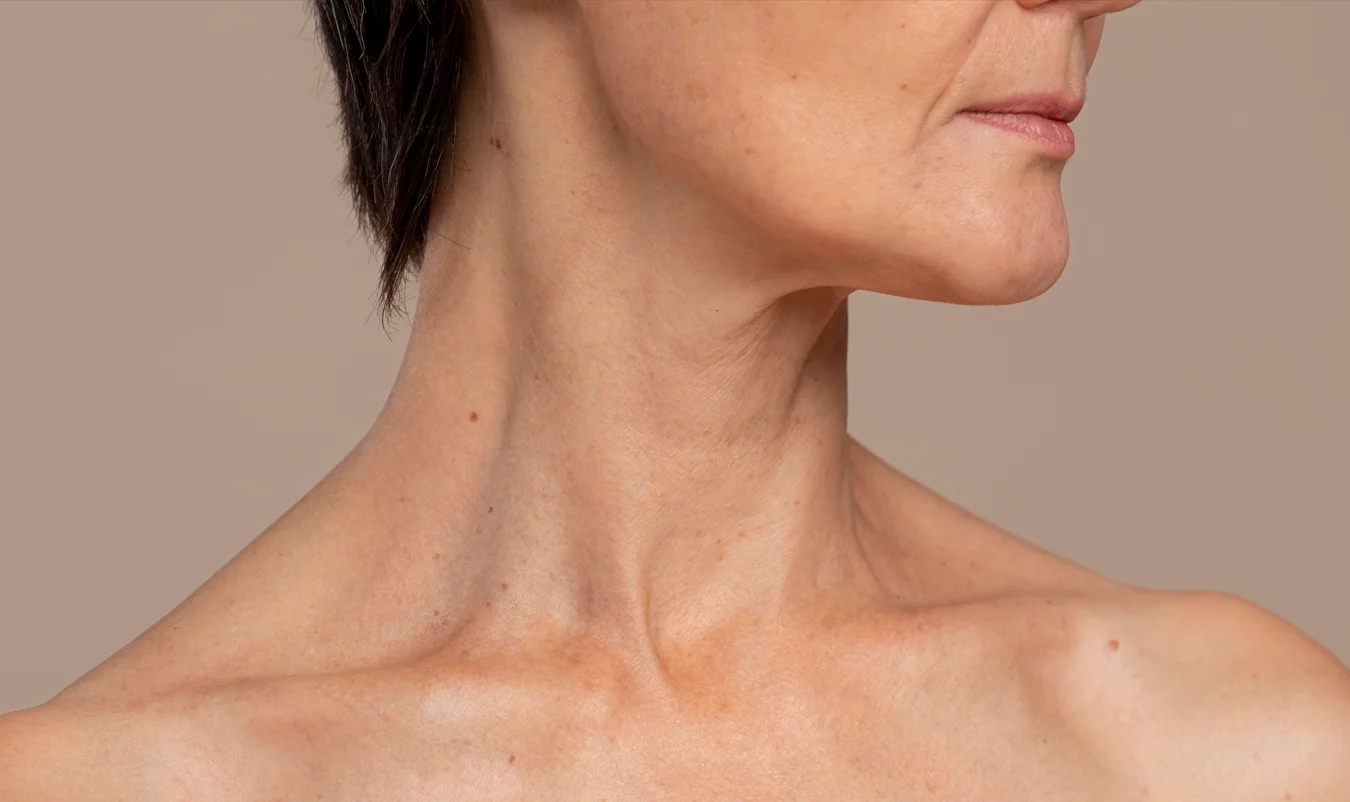
Who is contraindicated IVF?
- Conventionally, most prohibitions can be divided into absolute and relative ones. In addition, no reproductive doctor will take the job if a woman suffers from diseases that could progress due to pregnancy, threatening the life of her and the baby. Absolute is called contraindications:
- Abnormal structure of the uterus – acquired or congenital. These include bicornic, infantile uterus, its doubling or complete absence. That is cases where the embryo cannot be implanted or there is no guarantee that it will take root.
- Cancer of the body and cervix, fallopian tubes, ovaries.
- Congenital or acquired heart defects.
- Pathological changes in the structure of internal organs.
- Malignant circulatory diseases – lymphoma, aplastic anemia, leukosis, lymphogranulomatosis.
- Schizophrenia at any stage or other mental disorders that pose a threat to the fetus.
- Previous stroke, cardiomyopathy.
- Hyperactivity of the parathyroid glands.
- Diabetes mellitus of III degrees.
- Multiple sclerosis.
- Renal insufficiency or other pathological changes in kidney function.
If you are interested in costs of surrogacy, we advise you USA-based company Delivering Dreams.
Relative contraindications, i.e. cases when IVF can be performed only after certain preparations, include:
- Tuberculosis in the active stage.
- Benign tumors of the female reproductive system. Provided that the formation is not more than 25 mm in diameter. In such a case, it is possible to perform IVF, and the tumor is removed after delivery. Besides, the protocol will be a bit more complicated, since the embryo should be implanted taking into consideration the location of the pathologic mass so that it does not become an obstacle to the development of pregnancy.
- Hepatitis, syphilis – after the organization of adequate treatment.
- Chronic diseases of various etiologies. In such a case, doctors correct the course of the disease by surgery or medication.
- Transferred oncology regardless of localization.
- Inflammatory processes – IVF is performed after comprehensive treatment.
A lot of questions arise from HIV-positive women or couples with this status. The human immunodeficiency virus is also a relative contraindication to artificial insemination. For this purpose, separate protocols are practiced that involve hormonal, immune, and antiviral support of the woman. However, reproductive specialists undertake IVF only when a woman’s blood immune cell count is at or above the average level.
The listed contraindications concern women only, men will only have to postpone IVF, i.e. sperm donation:
- For a year – if there was treatment for cancer with radiation or chemotherapy.
- For 3 months – after treatment of inflammatory disease of the organs of the reproductive system: prostate, testicles, corpora cavernous, urethra.
- For 3 months – if the man has had an infectious disease: measles, sore throat, chickenpox and shingles, herpes, leptospirosis.
The term is determined by the doctor individually if the man has had hepatitis C or B. As a rule, it is recommended to refuse sperm donation for at least 1 year. An infectious disease specialist works with the man for the entire period of treatment and recovery.
Is the procedure painful?
The fertilized oocyte is inserted into the uterine cavity through a special catheter and this procedure is painless.
On the other hand, the collection of oocytes from the ovarian cavity is done by puncture, i.e. a puncture. Microsurgery is performed under ultrasound monitoring and with anesthesia, so the woman does not feel any discomfort. After this procedure, there may be some momentary discomfort related to recovery from anesthesia, some pain comparable to the period of premenstrual syndrome or menstruation.
If the IVF procedure was successfully performed, discomforts arising during the pregnancy do not differ from those which a future mother may experience after natural conception.
How much does it cost?
The cost of in vitro fertilization is high. Currently, the minimum protocol, provided there are no health peculiarities, will cost more than 20,000 hryvnias. The exact calculation may depend on:
- the qualifications of the doctors;
- the number and characteristics of the medicines required for implementation;
- the duration of the protocol;
- the need for artificial insemination or other assistive technologies;
- the availability of ready medical studies for the parents-to-be.




